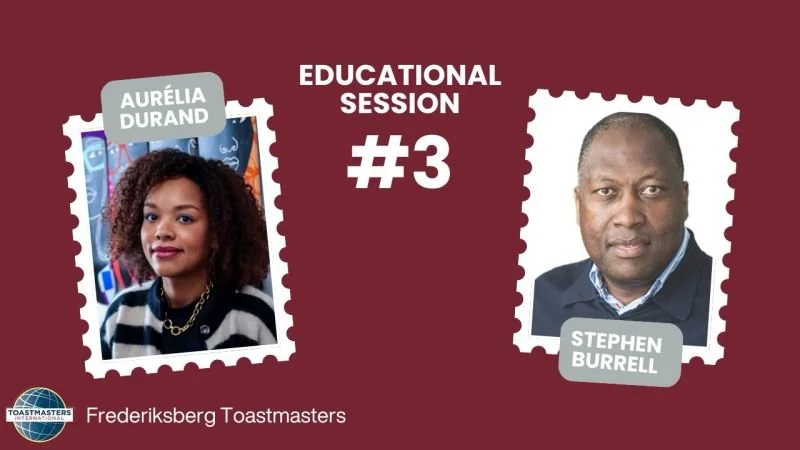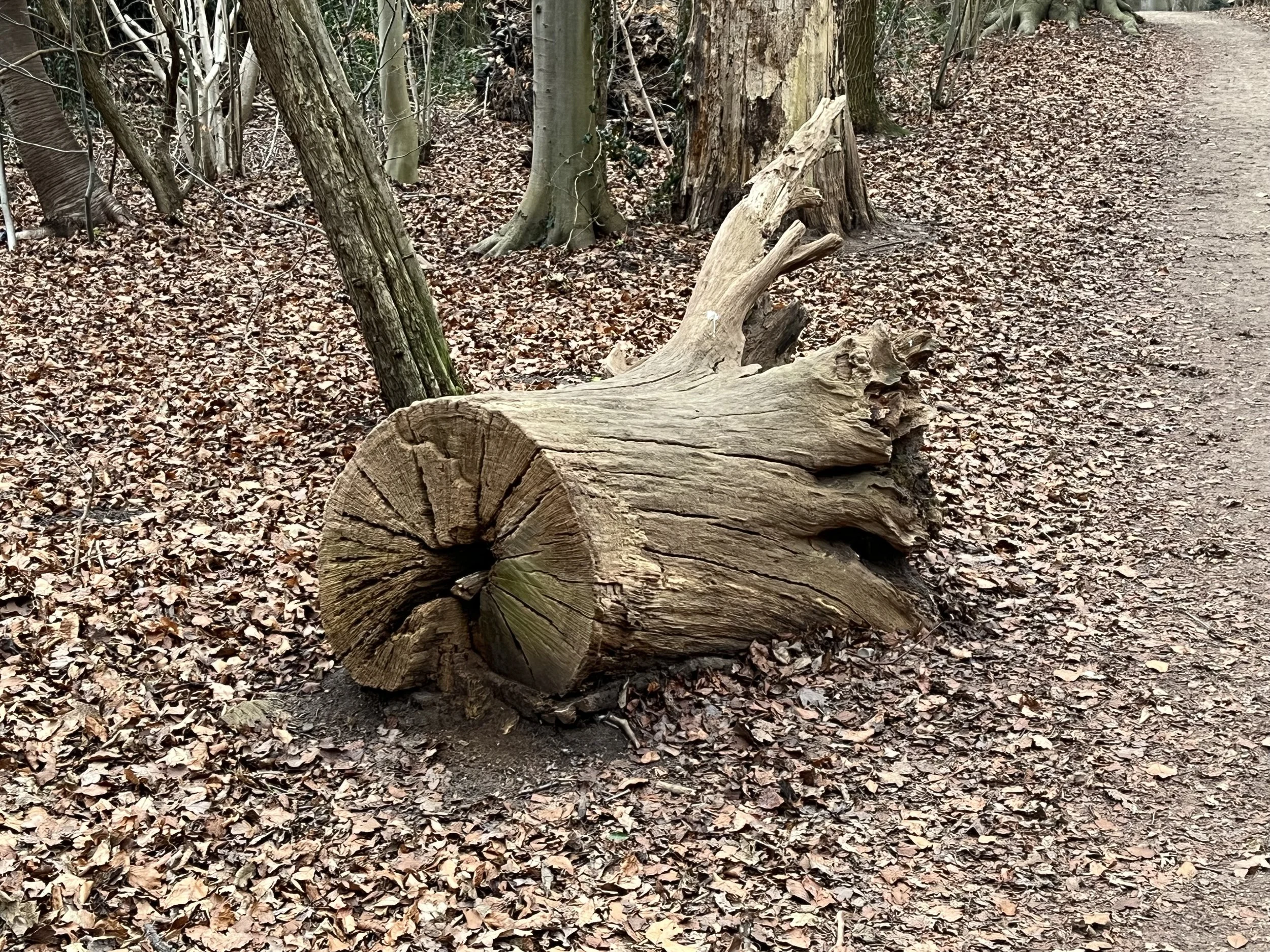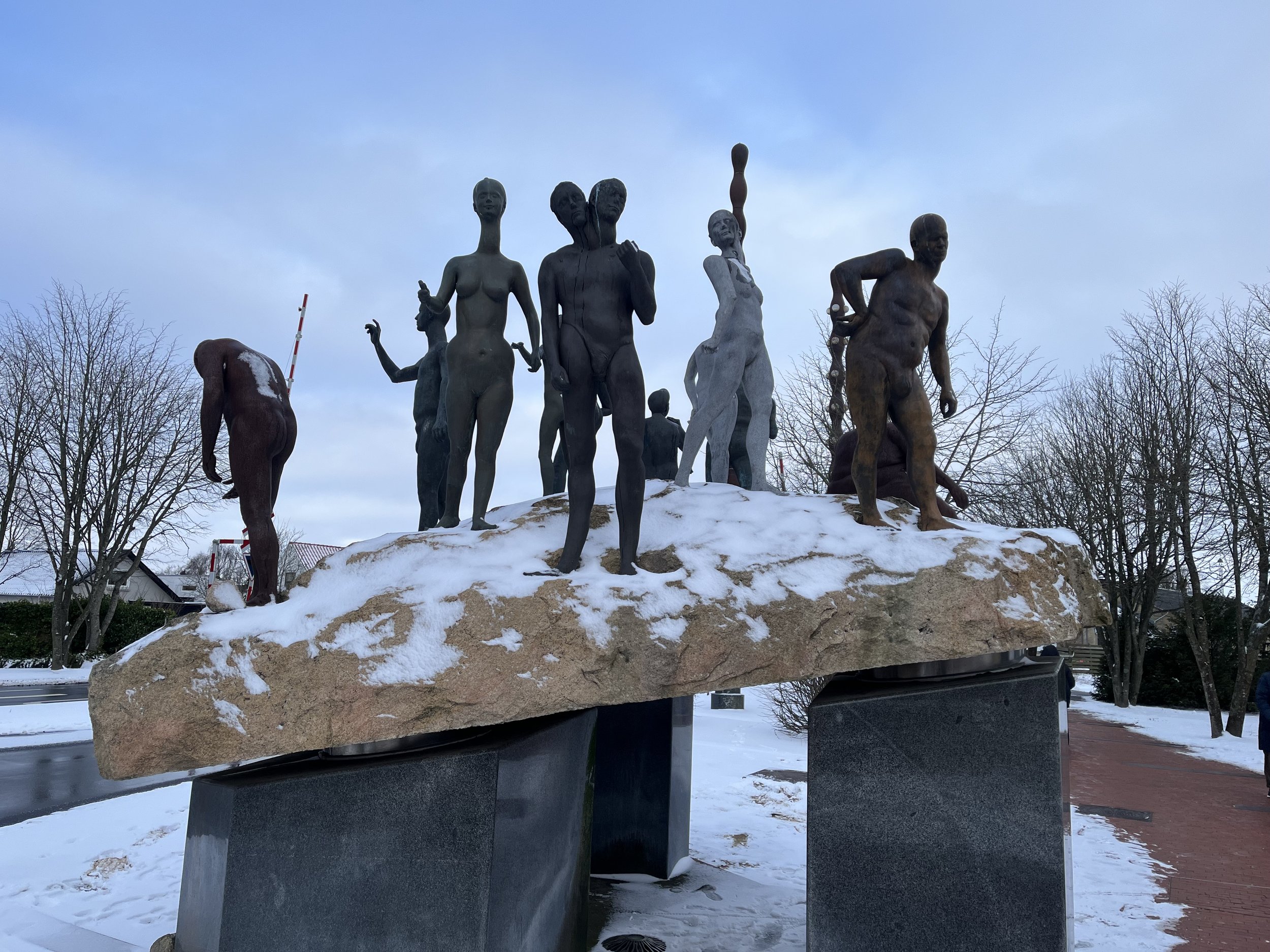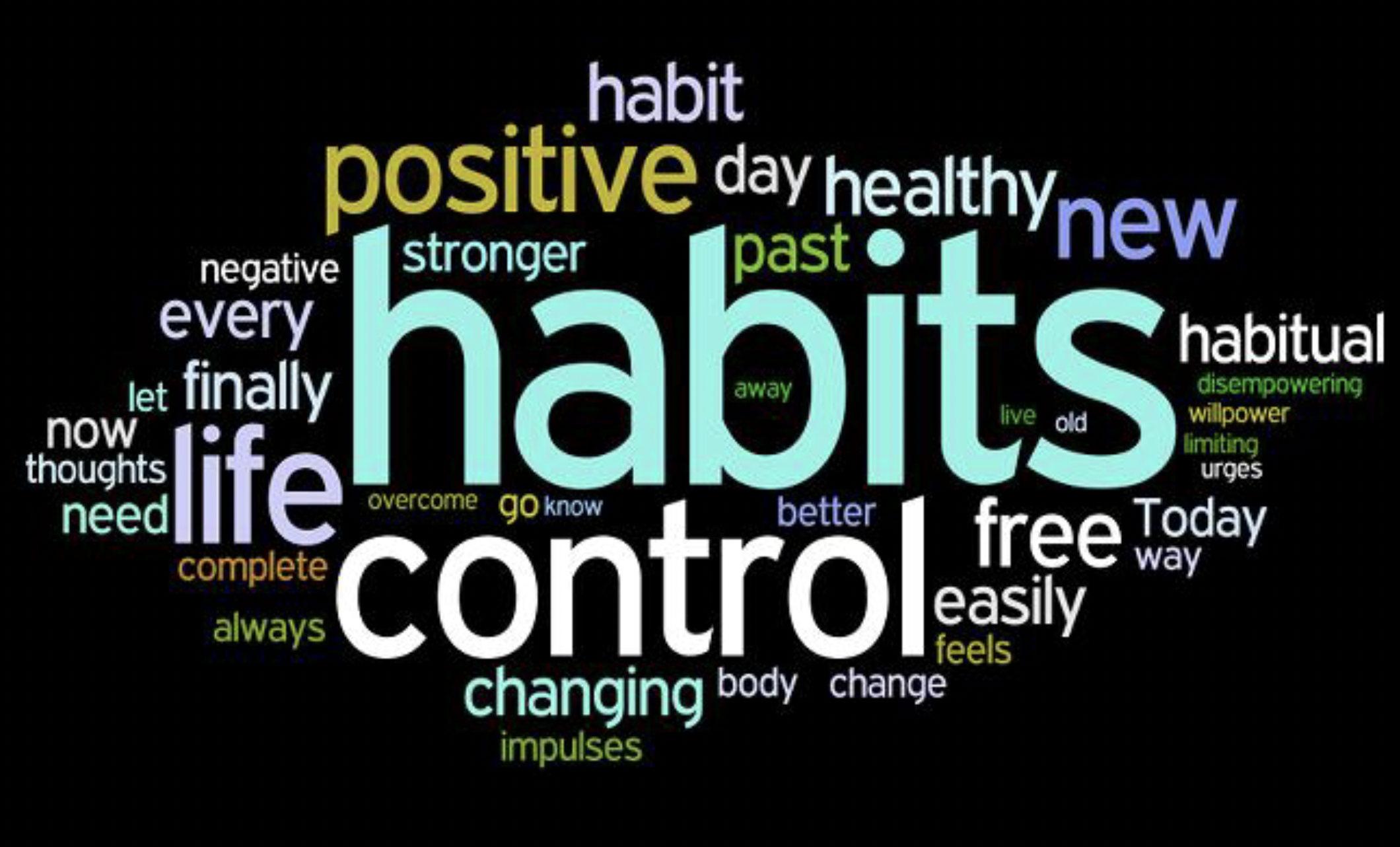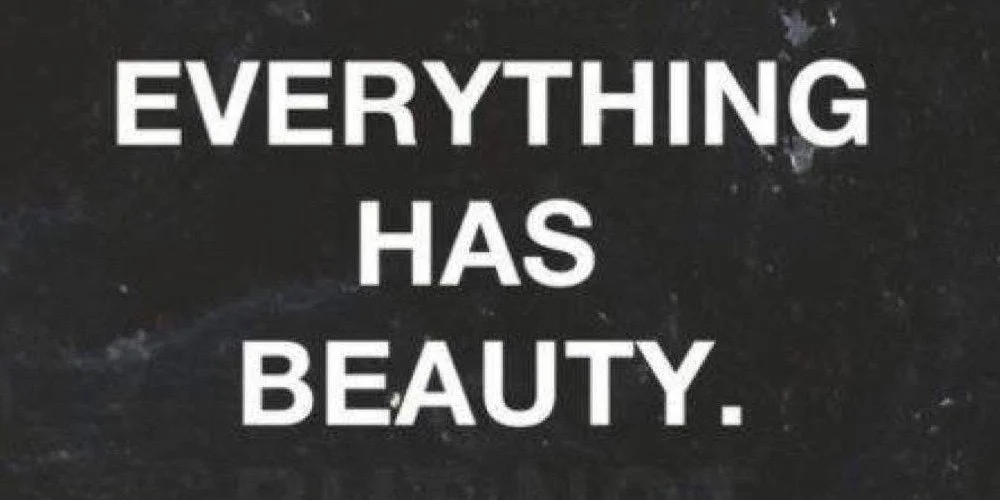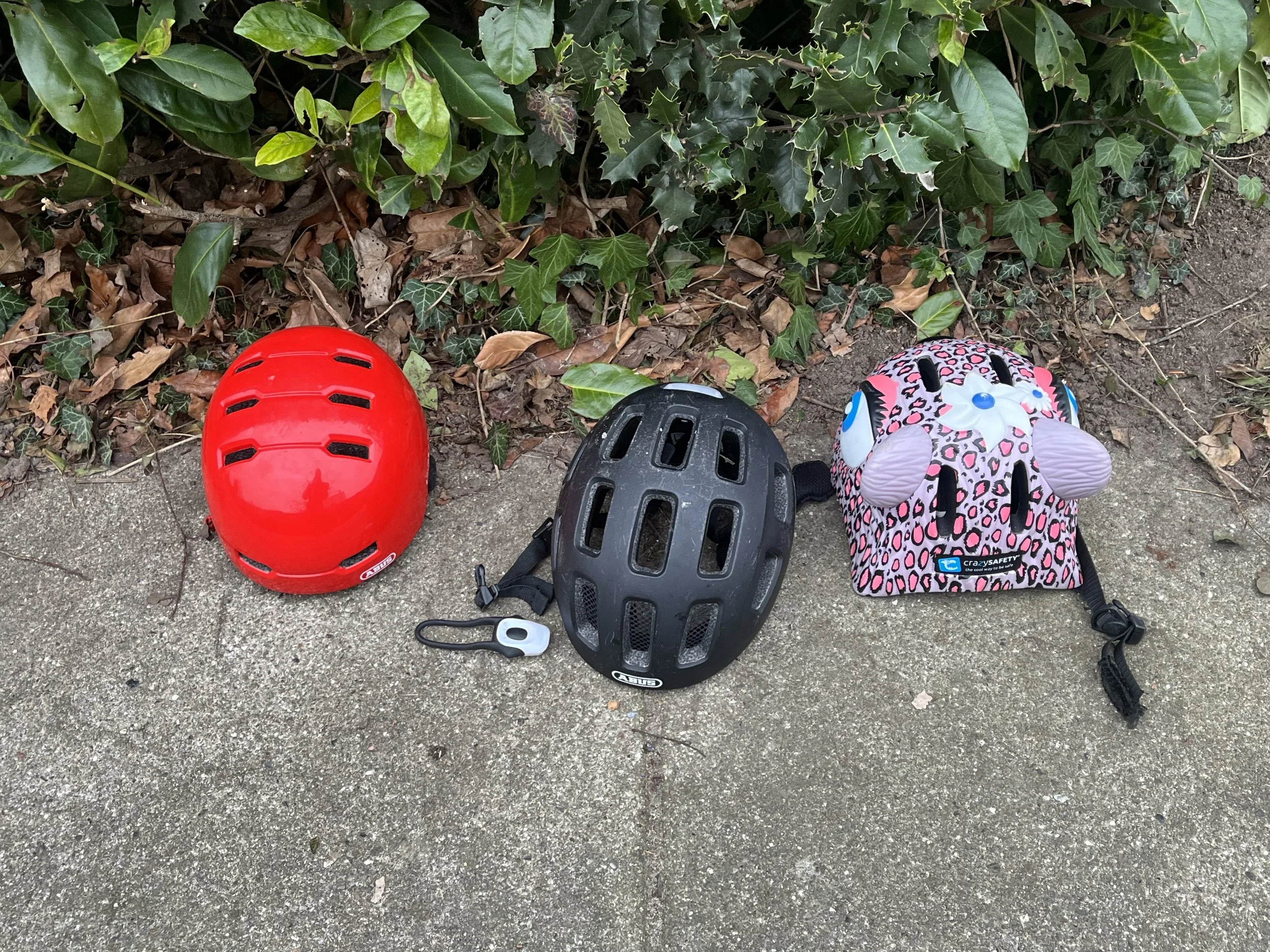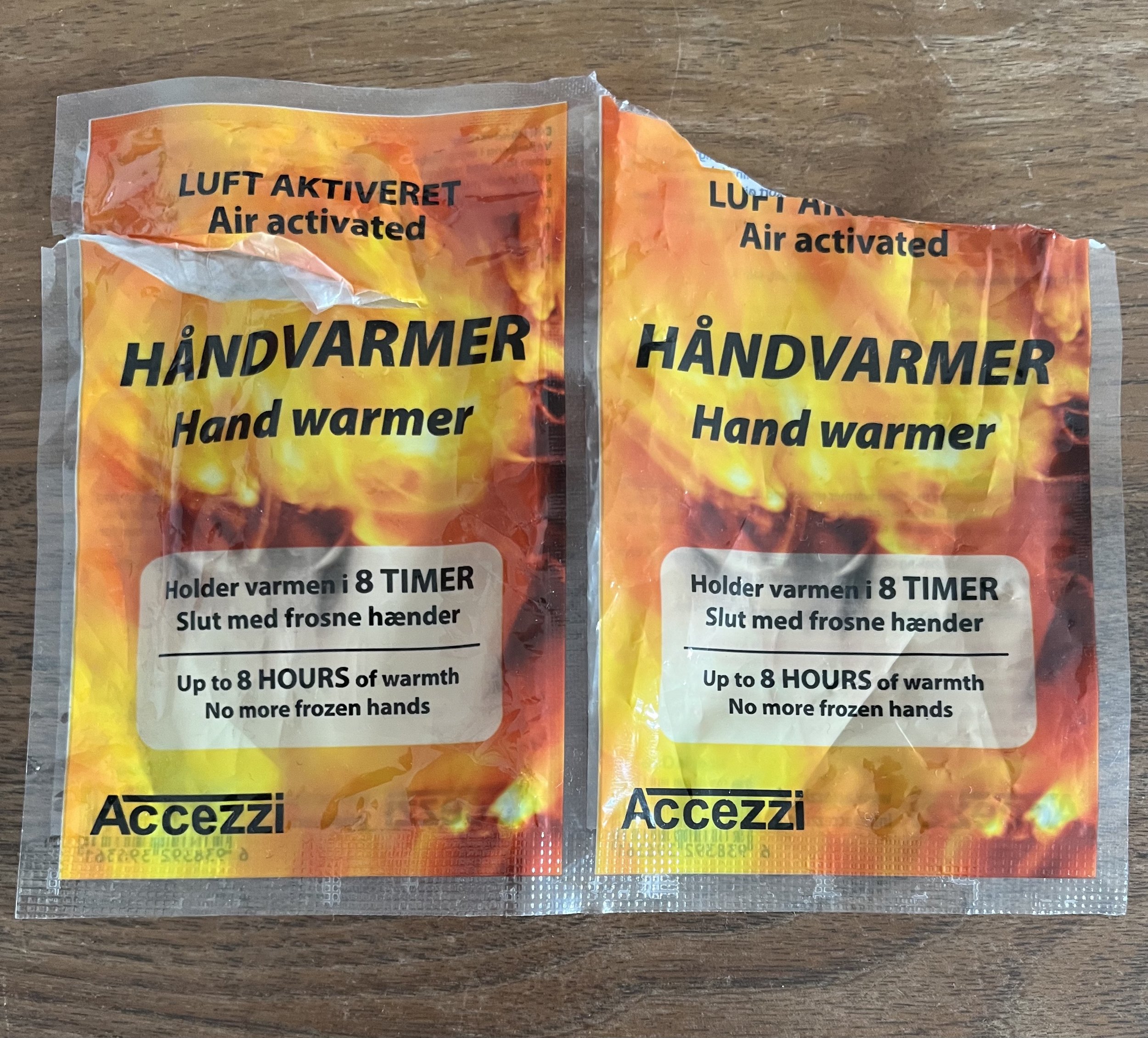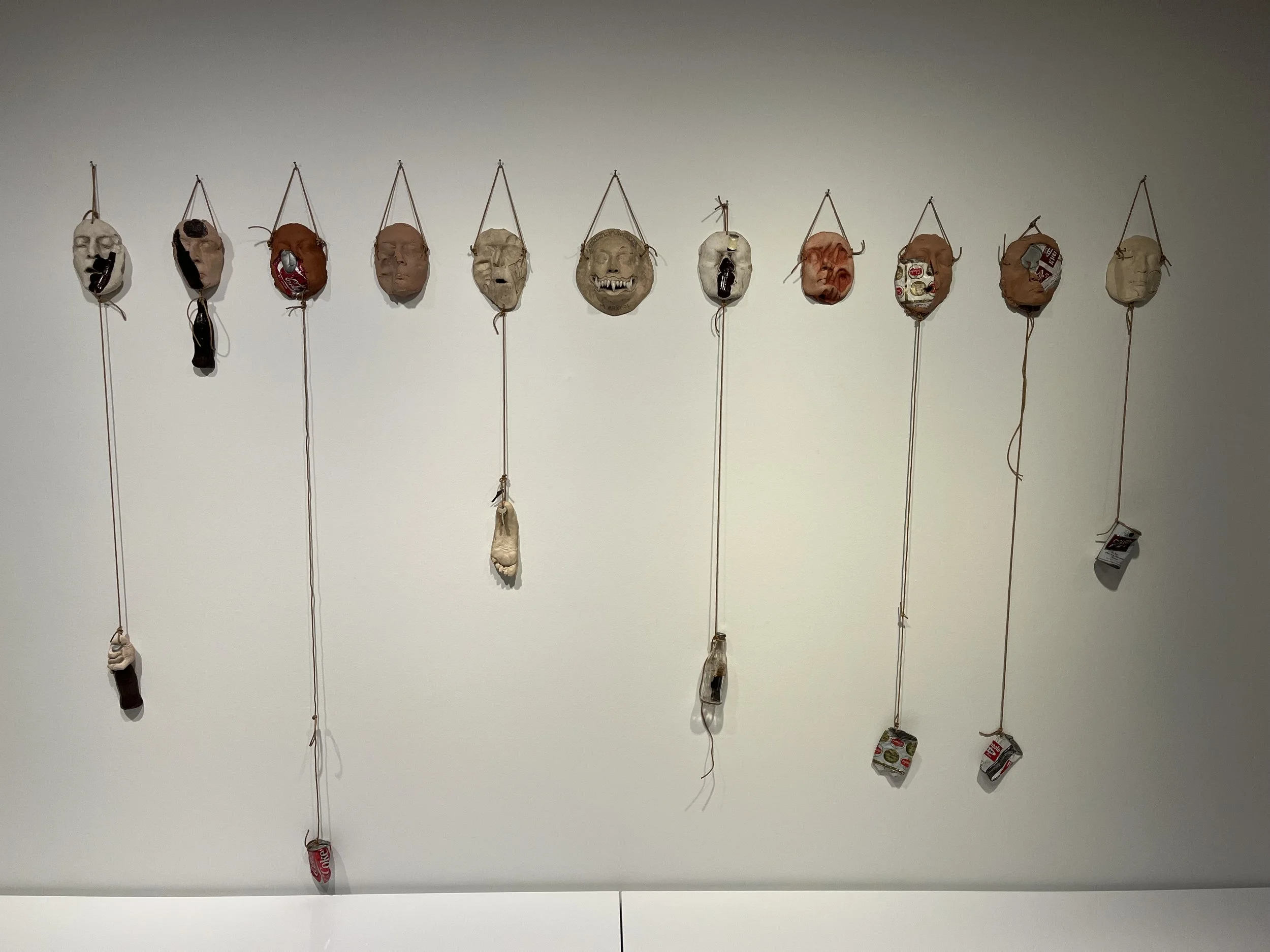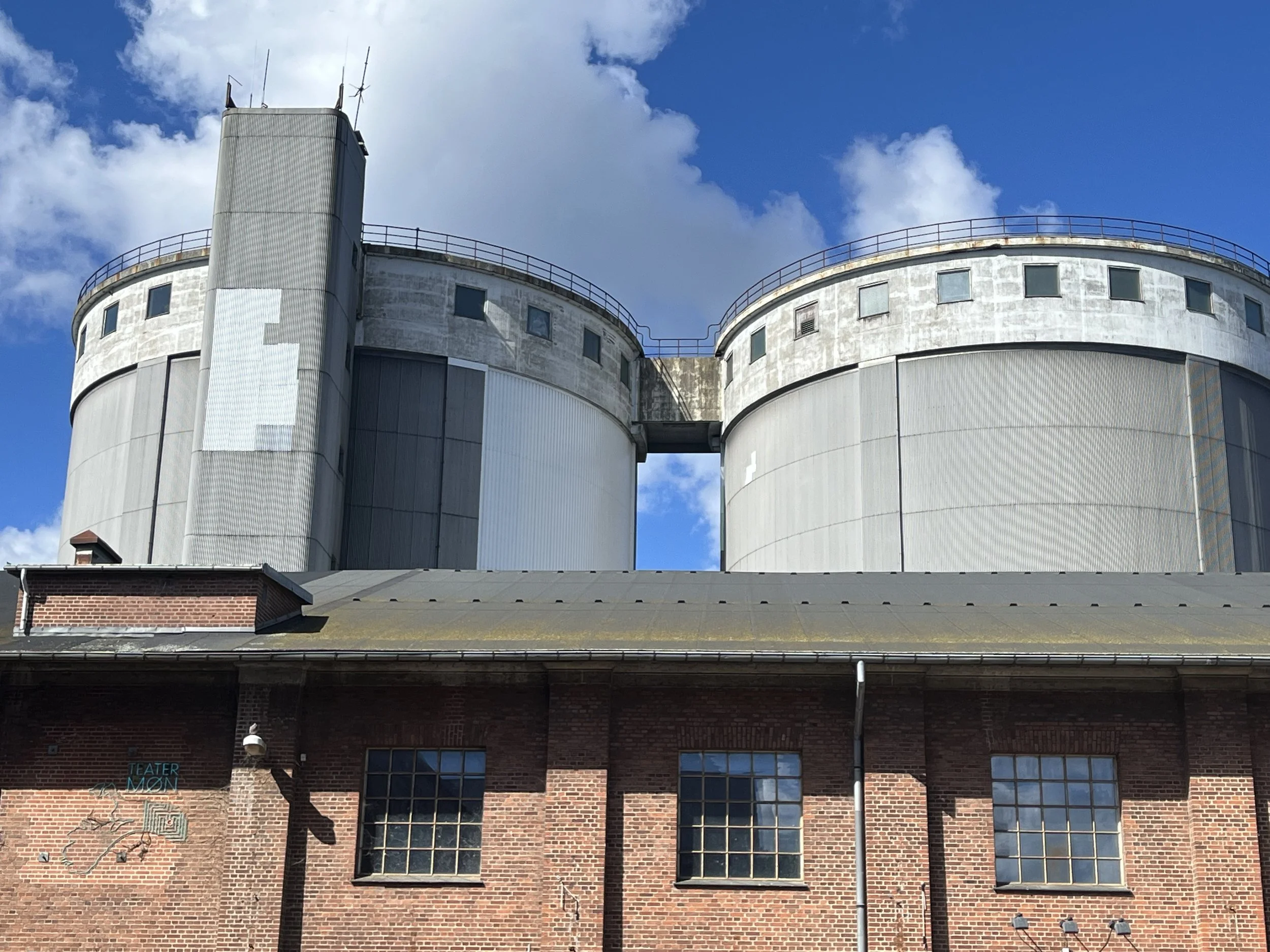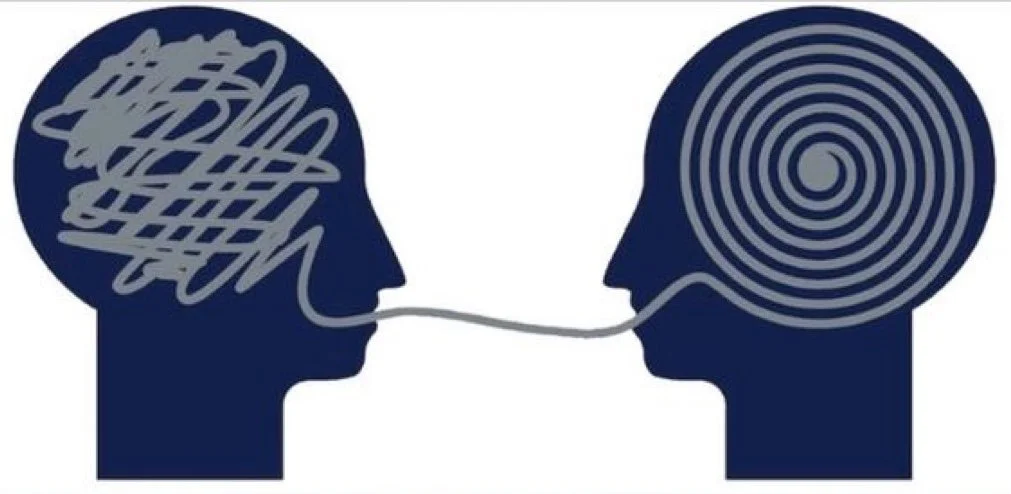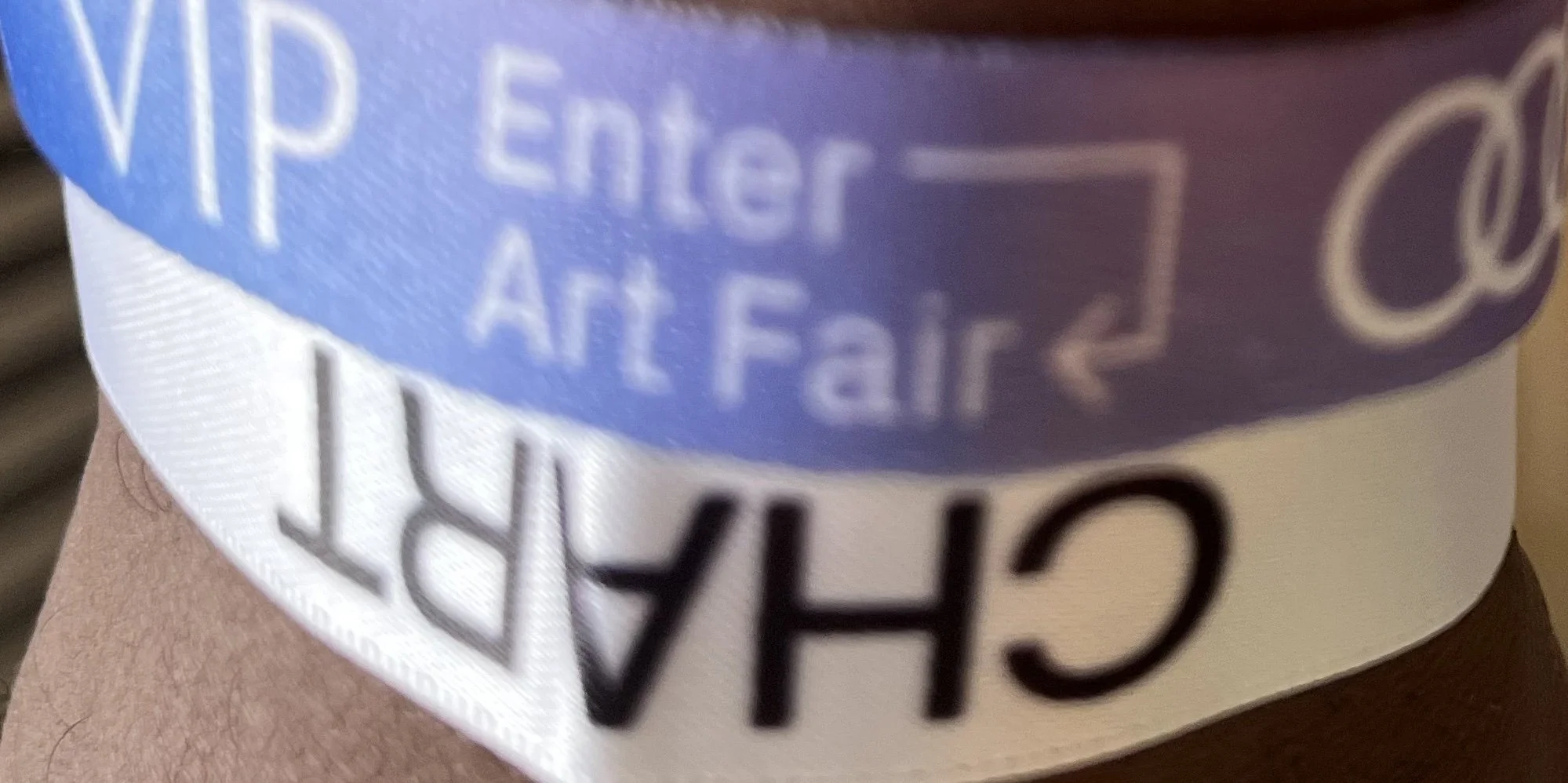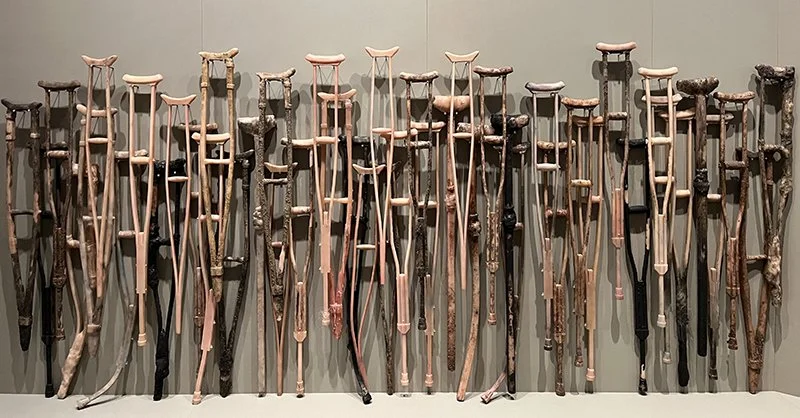Many high performers pursue belonging through achievement, status, or approval and I think this strategy can deliver results, but it rarely delivers security. Fitting in becomes a performance. Approval becomes the metric. Over time, authenticity narrows. True belonging operates differently, it requires self-acceptance first as without it, even success feels conditional.
In coaching conversations, this theme surfaces often. I have witnessed that highly competent and respected leaders privately question whether they are enough without the performance. Belonging is not built through perfection, it is built through congruence. The level of self-acceptance sets the ceiling for the level of belonging a leader can experience, both personally and within their teams.
Interested in hearing more?
I’ll be speaking at Vesterbro Library, Liva 2.1 · Lyrskovgade 4, 1758 Kbh. V from 11am. Alternatively, book a complimentary meeting via this link.


